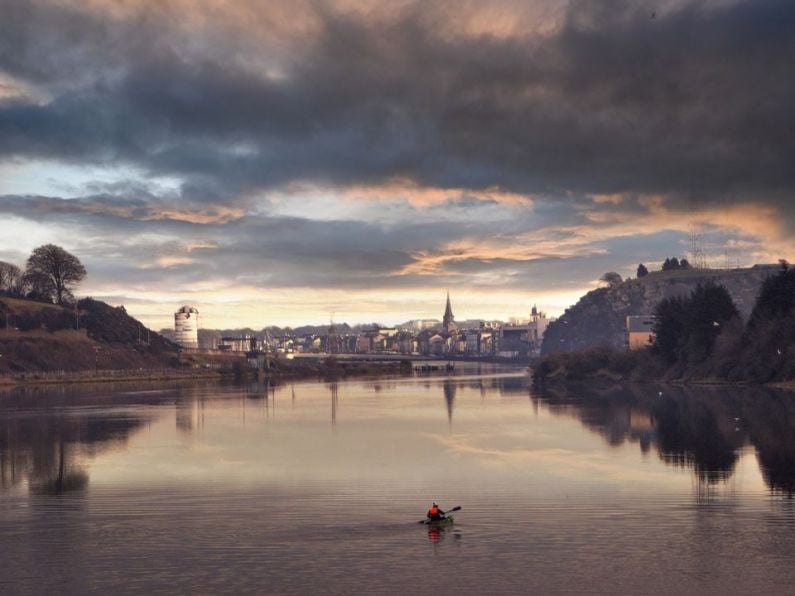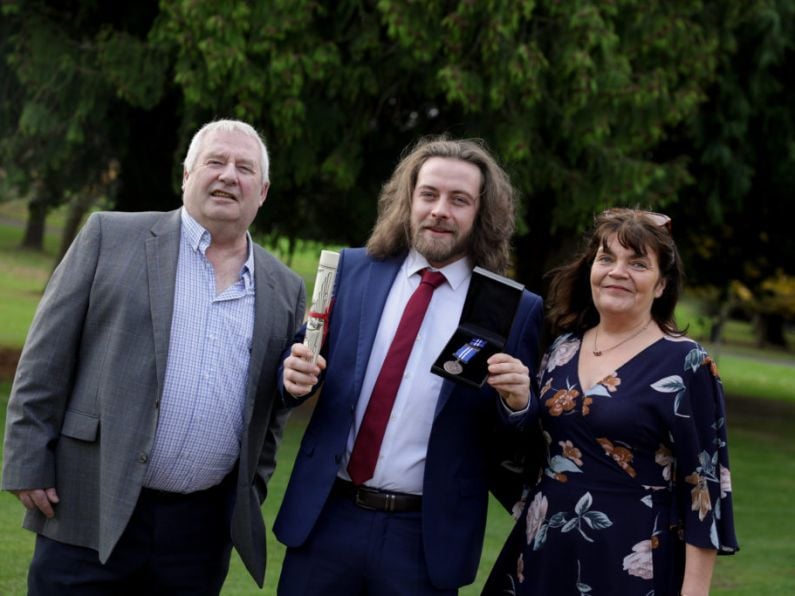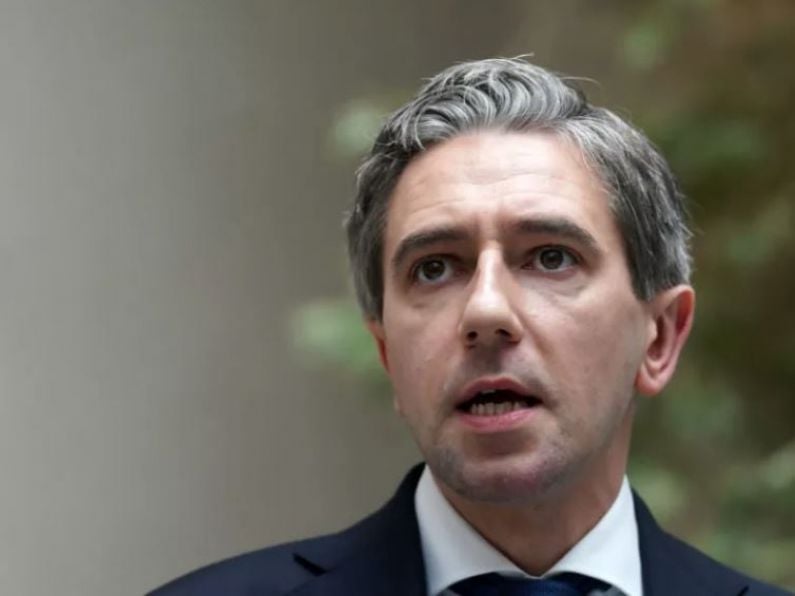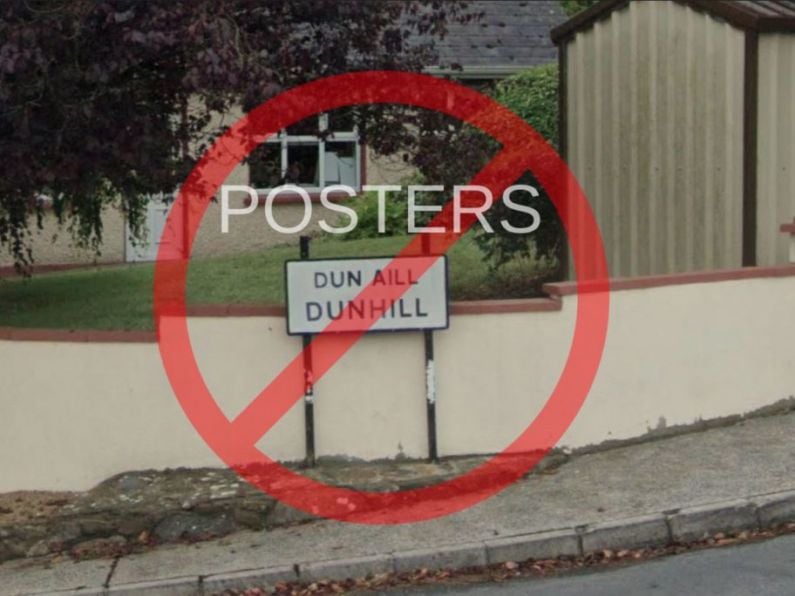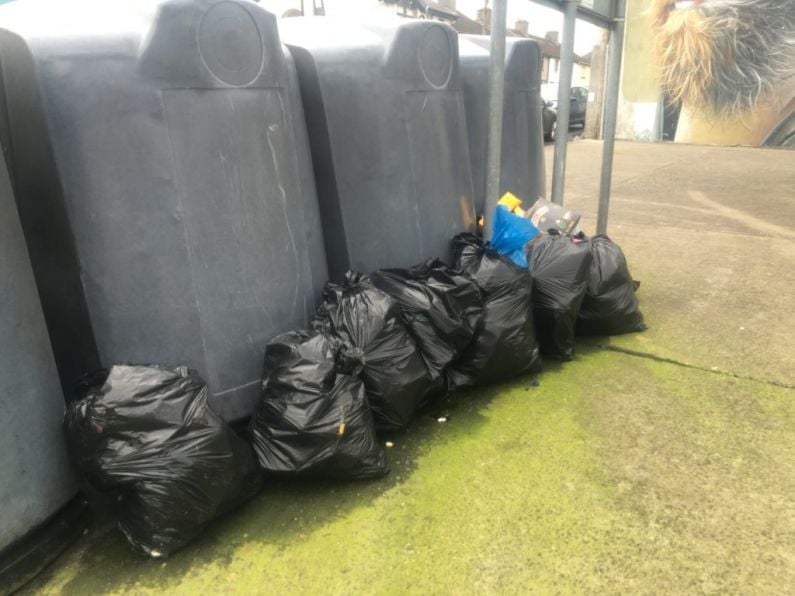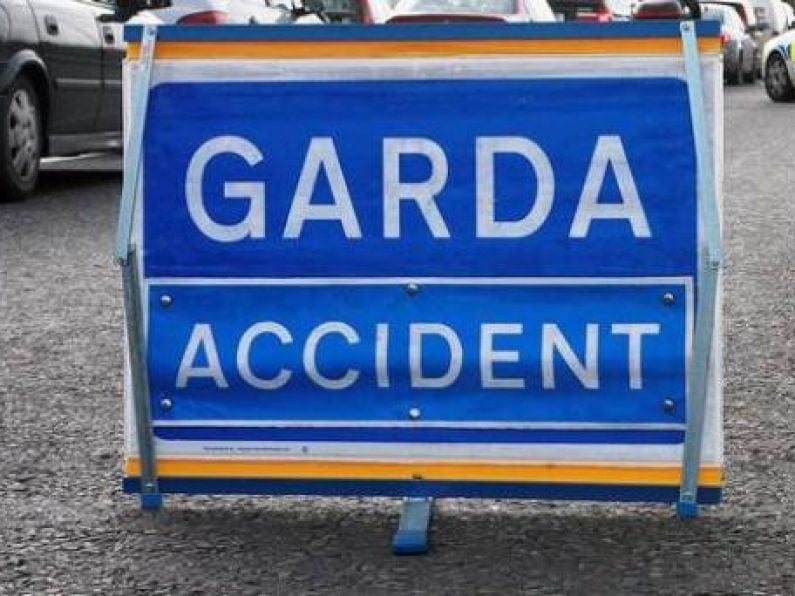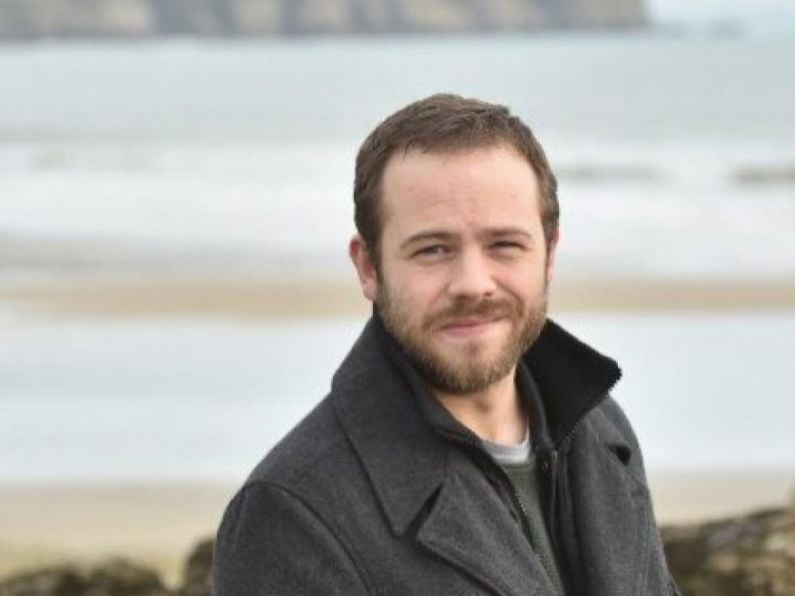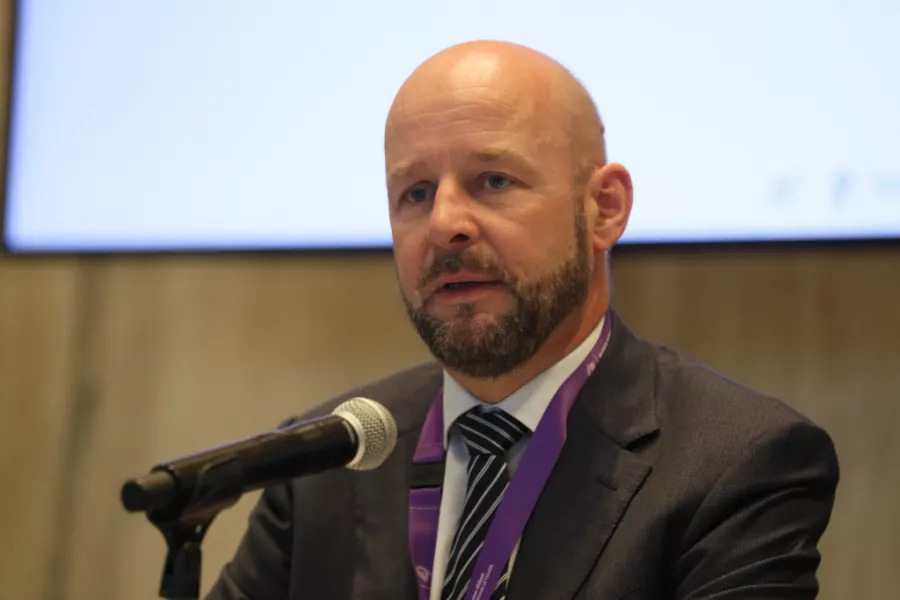
By James Ward and Michelle Devane, PA
The rate of new cases of Covid-19 could be increasing, public health officials have warned.
The R0 number, the rate at which the virus reproduces, now stands at between 1 and 1.3, compared with between 0.4 and 0.7 at the end of January.
With the number of daily cases consistently rising and falling over the last week, the National Public Health Emergency Team (Nphet) said incidence of the disease is either static or increasing.
Professor Philip Nolan told a briefing on Thursday: “We’re either at a very static position, or one that’s increasing slowly.”
He said there is “not a definitive trend upwards” but that it is either “stable or increasing”.
Prof Nolan added: “When we come to the estimate of reproduction number, it’s still uncertain. That uncertainty relates to the variability in case counts that we’re seeing day on day.
“But nonetheless the formula estimate is essentially somewhere between 1, the epidemic being constant, and 1.3.
“It’s quite a wide band for that last estimate, which would indicate that the epidemic is growing.
“The summary is that incidence has plateaued. It remains very high, and unfortunately may be starting to increase.
“But the full set of indicators leads me to be more on the optimistic side, that it’s static, rather than the pessimistic side that it’s increasing.”
He said the growth rate currently stands at two per cent per day and if it continues at that pace, we will see cases double in around 35 days.
On the “root causes” of rising case numbers, Prof Nolan cited an increase in workplace attendance from February, the St Patrick’s Day bank holiday and the increased mobility surrounding the return of schools.
It came as Leo Varadkar said it will be “very hard to see” the number of daily cases of coronavirus drop to under 500 a day due to the UK variant of the disease.
The Tanaiste said cases were “stuck” at about 500 to 600 a day despite the “enormous efforts” of the Irish people, and reducing it to lower levels is “not a prospect” in the way that it had been before the mutation of the virus.
Responding to those comments, deputy chief medical officer Dr Ronan Glynn said it is vital that efforts to supress the virus continue.
Asked if numbers could be brought below the 500 mark again, he said: “I’m not naive, I’m not saying that we will, or even that it’s likely that we will.
“But we have to continue to try, because it is a difficult thing to keep a disease like this at any number without rising. We’ve seen that throughout.
“So some of the challenges, not alone to get it down, but the challenge equally is to keep it at 500 or 600 cases a day, and it will be difficult to do that.”
Statement from the National Public Health Emergency Team
The Health Protection Surveillance Centre @hpscireland has today been notified of 3 additional deaths related to #COVID19.
Of the deaths reported today, 2 occurred in March and 1 in February.
— Department of Health (@roinnslainte) March 25, 2021
Thursday saw three further deaths linked to Covid-19 and an additional 606 cases, according to figures from Nphet.
Mr Varadkar told the Dáil almost 4,700 people had died of the virus so far this year, more people than had died of Covid-19 in all of last year.
“I think that demonstrates how serious the B117 variant is and how different it is to the Wuhan strain or the wild strain that we dealt with last year, and how perhaps getting down to very low figures like 10 or 50 or even 100 a day is not a prospect in the way that it was last year because this virus has mutated,” he said.
“It is now much more transmissible, and it is now more deadly than the original wild strain and despite the enormous efforts of the Irish people doing all of the right things, we’ve still got stuck around 500 or 600 cases a day.
“And it’s very hard to see how we’re going to get down much lower than that.”
Mr Varadkar made the comments in response to Social Democrats co-leader Roisin Shortall, who said the daily Covid-19 case numbers remained “stubbornly high”.
During Leaders' Questions, @RoisinShortall asks Tánaiste:
👉what steps Govt will take to drive down virus?
👉why under-resourcing of public health doctors not addressed?
👉why no retrospective tracing?
👉why are international travellers not asked if journeys are essential? pic.twitter.com/vioNa9WpoH— Social Democrats (@SocDems) March 25, 2021
She asked what steps the Government was taking to drive down numbers and allow for some level of opening up of society and the economy.
“I think the vast majority of people have severely restricted their movements and their lives in what can only be described as a huge national effort to limit the spread of the virus,” Ms Shortall said.
“However, increasingly there is a sense that Government has not played its part, and has not done what it promised to do.”
She added that it “beggars belief” that retrospective contact tracing was not being carried out when it came to travel and that people arriving in the country were not being asked their reason for travel.
Mr Varadkar said the Government had increased border security with the introduction of mandatory hotel quarantine, which gets under way on Friday for people arriving from 33 countries, making it one of the strictest in all of the European Union.
He added that more countries would be added to the list in the coming weeks once the system was up and running.







